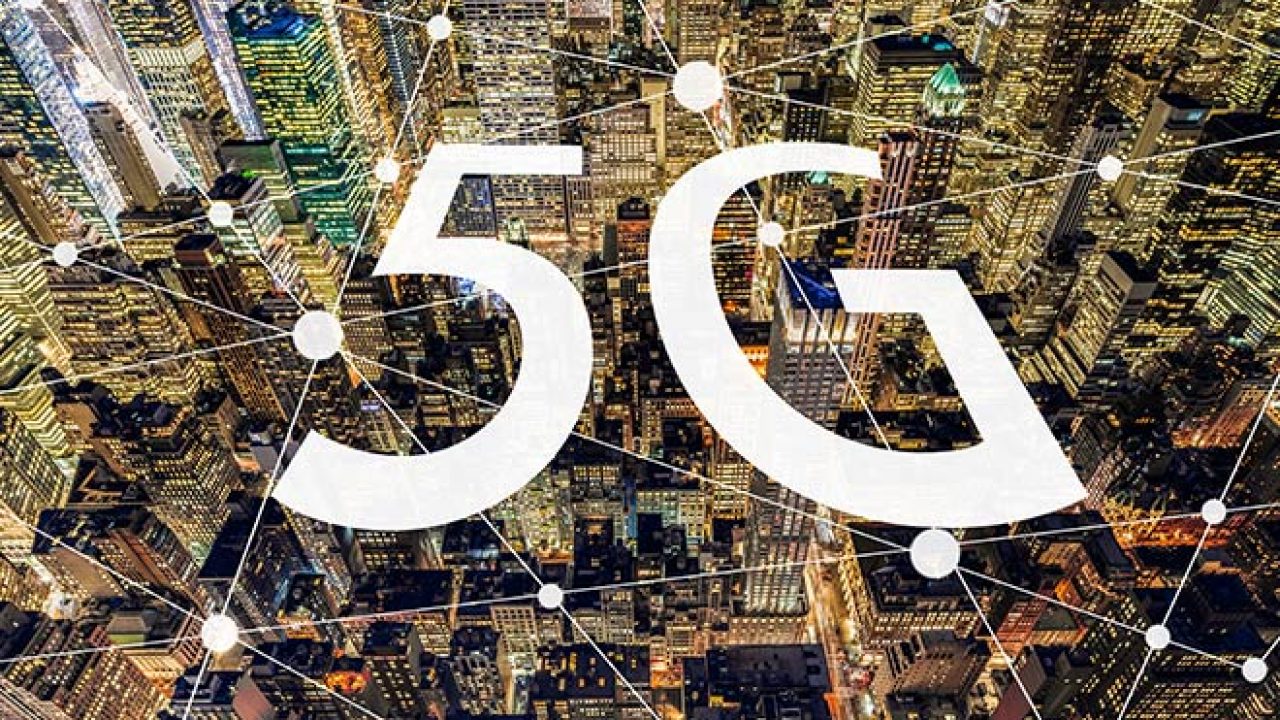The world is witnessing an unprecedented acceleration in the sphere of information technology, specifically in the deployment of 5G on a global scale. Understanding the geopolitics of 5G is paramount in this era of rapid digital transformation, as it represents not only a surge in emerging technologies but also a shift in global power relations. This changing dynamic is significantly affected by geopolitical tensions among global giants, notably the United States and China.
Building Your Understanding: Introduction to 5G Geopolitics
5G or the next generation of mobile technology represents a revolutionary leap in communication technologies. Its high-speed, low latency, and ubiquitous connectivity promise to transform industries and economies, fostering smart cities and enabling the Internet of Things (IoT). Nonetheless, the widespread use of 5G goes beyond technical advancements or economical interests; it is intertwined with the geopolitics of 5G technology adoption.
The Materiality and Ideologies of Network Paradigms
Governments around the world are recognizing the strategic value of 5G infrastructure, as it’s increasingly seen as critical infrastructure. In particular, security agencies are worried about potential vulnerabilities in the supply chain of 5G equipment, especially those produced by Chinese companies, such as Huawei and ZTE.
The Open, Mobile, and Smart: Examining Internet, GSM, and 5G
To comprehend the geopolitics of 5G, it’s vital to look back at the previous generations of mobile technology: the Internet of Things, GSM, and now 5G. The United States has been significantly influential in shaping these network paradigms, establishing standards, and promoting certain products and services globally. This hegemonic power is being challenged by Chinese 5G, like Huawei 5G infrastructure.
Domestication of 5G: A Western Perspective
The United States is attempting to counter China 5G proliferation through multiple strategies including implementing policies that limit the deployment of Huawei equipment domestically and abroad. They’re encouraging European allies and others to opt for alternative 5G networks providers like Ericsson and Nokia. This is due to the suspicion that Huawei’s 5G networks could be exploited by the Chinese government for national security reasons.
Concluding Remarks on 5G Geopolitics
The United States and China are locked in a tech cold war, with 5G being in the center stage. The development of 5G is much more than a technological competition; it signifies the imminent battle for determining the course of digital economy and shaping the interconnected world. Given the current trajectory, this 5G war is likely to get murkier before it gets brighter.
Revealing Potential Conflicts of Interests and Funding
The 5G race between Beijing and Washington also entails potential conflict of interest and funding implications. Chinese-backed enterprises have the advantage of robust government support, while Western tech firms are mostly privately funded. This state-backed financial model could offer a substantial edge to Chinese companies in dominating the global 5G market.

Acknowledging Authors and Their Contributions
Several authors have significantly contributed to the understanding and conversation around 5G Geopolitics. They include Li et al., who work on Huawei and 5G tech, Liu et al., that focused on China’s 5G strategy, and Brown et al., with their research on US and Huawei geopolitics.
Citation and Sharing Options
Citing and sharing this article is essential for disseminating knowledge about 5G geopolitics. Interested readers, researchers, or stakeholders are highly encouraged to share this information on social media and other platforms, following the citation guidelines provided.
Exploring Related Content and Sage Recommendations
For readers interested in diving deeper into 5G Geopolitics, several additional resources are available. Topics include chinese technology, the trade war between US China, the potential implications in sectors like cloud computing and hong kong politics, and the role of 5G in developing countries.
Information at Your Fingertips: Quick Access, Sign-In, and More
Access to resources, sign-in to various tools, and more information on 5G geopolitics is available. These tools can significantly enhance your understanding of the 5G framework, geopolitics, and associated challenges and opportunities. The turmoil among Beijing and Washington continues, and the effects of this 5G war will undoubtedly exert significant influences around the world.




